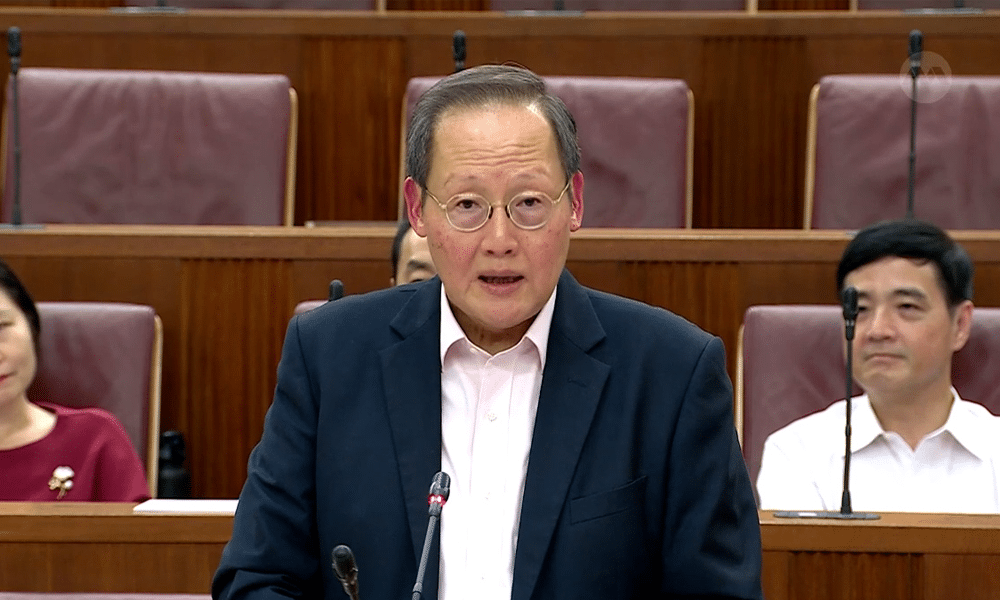The Singapore government has unveiled plans for a new initiative designed to assist citizens who find themselves involuntarily unemployed. Manpower Minister Tan See Leng, in his May Day message, introduced the scheme, which aims to provide temporary financial assistance and opportunities for skill enhancement to help retrenched workers.
Prime Minister Lee Hsien Loong first mentioned this initiative during his National Day Rally in 2023, emphasizing the government’s commitment to supporting individuals in transition.
The scheme, according to PM Lee, will serve as a “temporary safety net to help you meet immediate needs to free you to upskill and train, as you prepare yourself for a good long-term job.”
Dr Tan, addressing Parliament on 4 March, reassured that the government was progressing well with the plan. “We are close to finalising the scheme parameters,” Dr. Tan stated, adding that the government has “indeed looked at best practices around the world”.
In his May Day message, Dr Tan further elaborated on the Ministry of Manpower’s priorities for the coming year, stressing the importance of adapting to economic changes and disruptions.
“The pace of change in the economy is accelerating, and we know that more workers will likely be thrown curveballs. We have heard and heeded the call to further support our workers who find themselves displaced through no fault of their own,” he noted.
The scheme is part of a larger effort to ensure fair, progressive, and safe workplaces while preparing workers for future job markets. It includes enhancements to Workforce Singapore’s Career Conversion Programme and the introduction of the Overseas Markets Immersion Programme, aimed at providing global market exposure and reskilling opportunities.
Dr Tan also highlighted the government’s ongoing efforts to ensure fairness and meritocracy in employment practices.
He affirmed, “We will continue to work with tripartite partners to shape workplace norms in tandem with the upcoming Workplace Fairness Legislation that will strengthen protections for workers against workplace discrimination.”
Additionally, the Ministry, along with tripartite partners, is focusing on supporting Singapore’s growing older population. Dr Tan emphasized the commitment: “We will empower senior workers to continue working if they wish, and are able to do so, by progressively increasing the retirement and re-employment ages to 65 and 70 by 2030.”
Historically, the idea of fending for the unemployed Singaporeans, such as unemployment insurance, was discussed but not pursued by the People’s Action Party government.
In 2020, former Manpower Minister Josephine Teo addressed a suggestion by Ms Sylvia Lim, Member of Parliament for Aljunied GRC and chairperson of the Workers’ Party, about introducing unemployment insurance or redundancy insurance.
During a Budget debate, Mrs Teo acknowledged keeping “an open mind” but highlighted potential downsides, such as diminishing workers’ motivation to find work and employers’ willingness to provide retrenchment benefits.
The opposition party proposed the idea in its manifesto as early as the 2011 General Election, and Ms Lim brought it up again during the 2016 Budget debate.
Mrs Teo argued that the government’s approach, focusing on retraining and upskilling through programs like Adapt and Grow and SkillsFuture, was more sustainable and had broad support from unions and employers, contrasting with countries that provide unemployment insurance and often experience higher unemployment rates.

